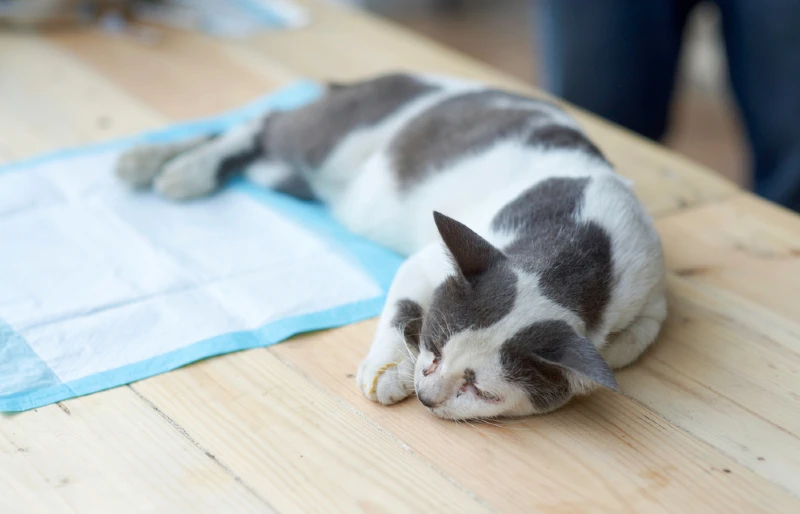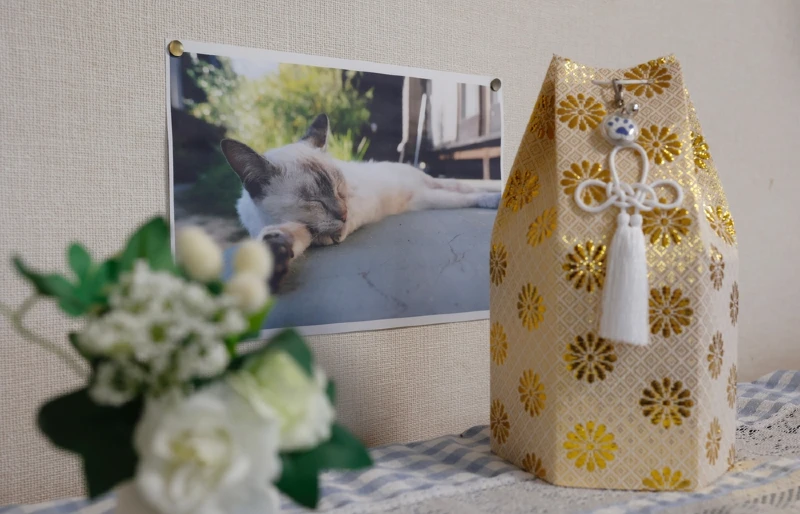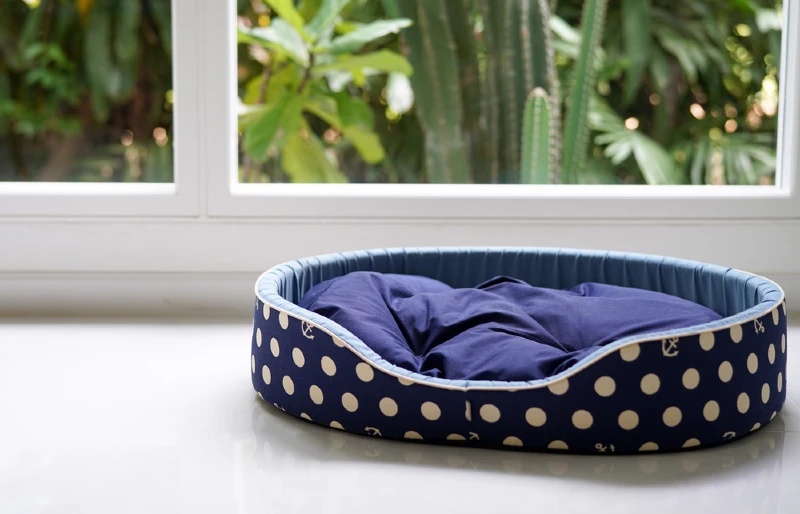While we hope it never happens, if you have pets, there’s always a chance that one of them will pass away inside your home. As pet parents, we’re never mentally, physically, or emotionally ready for the death of the family cat, but we know that it could happen.
When your cat dies at home, you must face a series of challenging questions. How do you dispose of the cat’s body? How do you prepare for burial? How much will things change? How do you grieve and help your other pets grieve?
These are all questions that you’ll have to face if your cat dies at home. We’ll try to answer these questions and more in the guide below.

Be Sure the Cat Is Deceased
While a live cat is usually easy to distinguish from a deceased cat, you still want to be absolutely sure that your cat is gone. As a cat ages, or when it is sick, it will sleep longer than it usually would. As strange and unlikely as it may sound, you don’t want to mistake their deep sleep for them being gone.
There are a few things you should check to determine if your cat is alive or not.
- There is no breathing movement of the cat’s abdomen or chest.
- The eyes are wide open, indicating that there is no muscle movement to allow them to shut.
- The pupils don’t retract when a light is shined into the cat’s eyes and eyes appear dull.
- The cat has no pulse.
- The cat has no reaction to a loud noise.
If you check all these things and determine if your cat is indeed deceased, it’s time to take steps to lay your deceased pet to rest.
The 5 Steps That You Need to Take When Your Cat Dies in Your House
1. Position, Wrap, and Store Your Pet
Cats usually start the process of rigor mortis within 3 to 4 hours of death, and it can last for approximately 12 hours. It will be easier on you and your family if your cat is in the tucked position. You can do this by moving the cat’s legs closer to the body and wrapping them in a blanket.
Sadly, recently deceased pets may urinate or defecate as their muscles and sphincters relax. Cleaning them and wrapping the cat in a towel or blanket will keep them from soiling your floor or carpeting. It’s also a good idea to have a box ready for your cat to avoid any potential biohazards from migrating.

2. Make Sure to Let Your Other Pets Smell Your Cat
The other cats and pets in your household will grieve when another cat passes on, though many experts don’t believe they do. Let the cat stay in the same room as your deceased pet and smell the cat if it needs to.
When another cat goes missing, and the other cats in your home don’t know why, it can trigger confusion in the remaining cats.
3. Decide on Burial or Cremation
If you own a house, you may bury the cat on your property as long as it is not illegal in your area. However, if you’re a renter, you’re not allowed to do this on someone else’s property. In either case, you still have to worry about flooding, wild animals, and other factors that could unearth your pet’s body, so sometimes it’s best to explore other options.
Many states now have pet cemeteries that make it possible to bury your pet in a proper grave with a safe, fitting funeral. Most pet parents choose cremation for their feline friend. It will probably cost you between $80 and $200, depending on the area you live in, the company you choose, and whether you opt for communal or private cremation.
You can contact your vet if you’re unsure of what to do. Many vet offices offer these services, but even if your vet doesn’t, they can point you to someone who does.

4. Preserve Your Cat’s Body
When your cat passes away, you might have to wait a few days for the burial or cremation. You’ll want to keep the body cold to preserve it for the time you must wait. You can contact your vet to check if they have the option to keep your cat’s body in their freezer. Otherwise, you can put the body in the coldest part of your house, such as on the garage floor. Wrap your cat in plastic and store it in a cardboard box.
If you have a freezer in your garage, you could store it there, but you would have to remove all of the food first. Otherwise, you can store the animal in a portable cooler if it’s too warm in the garage to keep it cool. While it may seem weird to do so, it’s necessary to keep the body from decomposing and prevent odors.
5. Let Yourself Grieve
Your cat was an essential part of your family and your life, so you can’t forget to let yourself grieve. If you feel that you aren’t grieving properly, try to find an animal support group and talk to pet owners who have been through a beloved cat’s death, just as you have.
While many people think that burying a pet is easy and that you should do it and go on with business as usual, for those of us who love our pets unconditionally and make them a part of the family, it’s not that easy.


Final Thoughts
Your feline companion dying in your home can be one of the hardest things to handle. It’s also one of the most stressful things that can happen to a pet owner. Following the tips above to lay your cat to rest and making sure you let your other pets and your family grieve will go a long way toward helping you get through this sad time in your life.
While you’ll never forget your furry friend, you can remember the fun times you shared and how your beloved cat changed your life.
Featured Image Credit: Jareerat, Shutterstock











